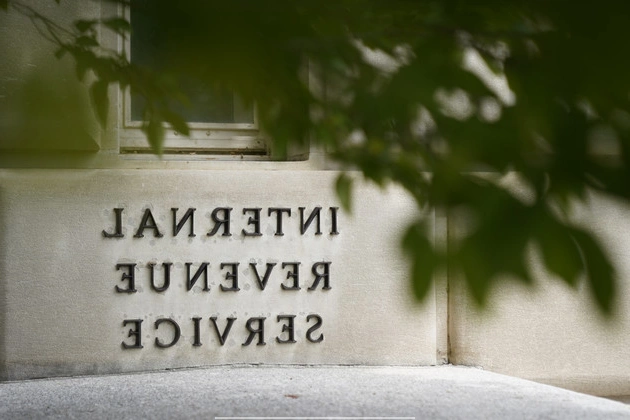
The IRS recently revealed that a former contractor compromised the private data of more than 400,000 taxpayers, a shocking revelation that is nearly six times higher than previously estimated.
Acting IRS commissioner, Doug O’Donnell, disclosed to House Judiciary Chair Jim Jordan (R-Ohio) that 405,427 taxpayers were affected by the actions of the contractor, Charles Littlejohn, who leaked information from their tax returns and other agency forms.
Extent of the Breach
Last year, the IRS had initially reported that approximately 70,000 businesses and individuals were impacted by Littlejohn’s actions. However, the recent disclosure paints a much graver picture.
Littlejohn, who was sentenced to five years in prison for his role in the data breach, exposed sensitive information including tax returns belonging to notable figures such as President Donald Trump and Elon Musk.
Response and Follow-Up
According to O’Donnell, the majority of those affected by the breach were businesses. However, individual taxpayer information may have also been compromised.
The IRS is in the process of notifying the affected parties, and it is anticipated that a small number of additional taxpayers will be contacted regarding the unauthorized disclosure of their information.
Legal Implications
Some lawmakers have criticized the handling of the situation, suggesting that more stringent actions should have been taken against Littlejohn. The contractor was charged with unauthorized disclosure of tax return information.
Meanwhile, O’Donnell is expected to retire from his position at the IRS amidst ongoing developments, including Musk’s Department of Government Efficiency seeking access to IRS systems and the Trump administration downsizing the agency.
As this story continues to unfold, it underscores the importance of safeguarding sensitive taxpayer information and the need for robust security measures to prevent such breaches in the future.












